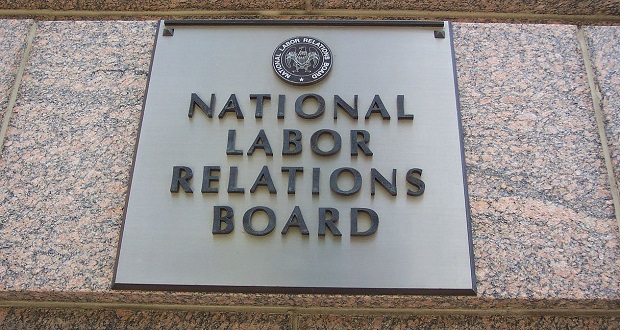
(Geraldshields11 via Wikimedia Commons)
When employees have been subjected to discrimination and unfair labor practices, the National Labor Relations Board (NLRB) issues remedies.
Historically, those remedies included backpay, reinstatement, and postings in the workplace. However, new guidance from the NLRB has urged their regional offices to seek “the full panoply of remedies” to ensure victims are made whole.
As a result of this development, employers must be prepared to see additional, creative use of special remedies to address unfair labor practices. Now more than ever, employers should consider the potential reach of these special awards when evaluating risk.
In a recent memorandum, NLRB General Counsel Jennifer Abruzzo praised regional directors for pursuing more complete settlements. The memo also listed some of the new make-whole remedies the NLRB had secured.
Regional NLRB offices have reached deals with employers that included the cost of baby formula due to the loss of a workplace pumping station, reimbursement for an employee’s late car loan payments and late rent, and payment of the monthly interest on a loan an employee obtained to cover living expenses. One settlement included the cost of retrofitting an employee’s car to make it usable in a new job.
Non-monetary settlement actions included a letter of apology to reinstated employees, training supervisors and employees on labor rights, permission for union use of employer bulletin boards, and requiring the employer to provide employee contact information to the union.
In another settlement, the employer agreed to create and disseminate a video which featured an NLRB agent reading a notice in the presence of the employer’s senior charged official.
Furthermore, settlement agreements now include default language indicating that the employer agrees the NLRB can issue a default judgment “and/or an order requiring the Charged Party to perform terms of this settlement agreement.” That means employers may no longer be able to avoid acting on specific provisions of the settlement by seeking a default judgment instead.
 New England Biz Law Update
New England Biz Law Update
